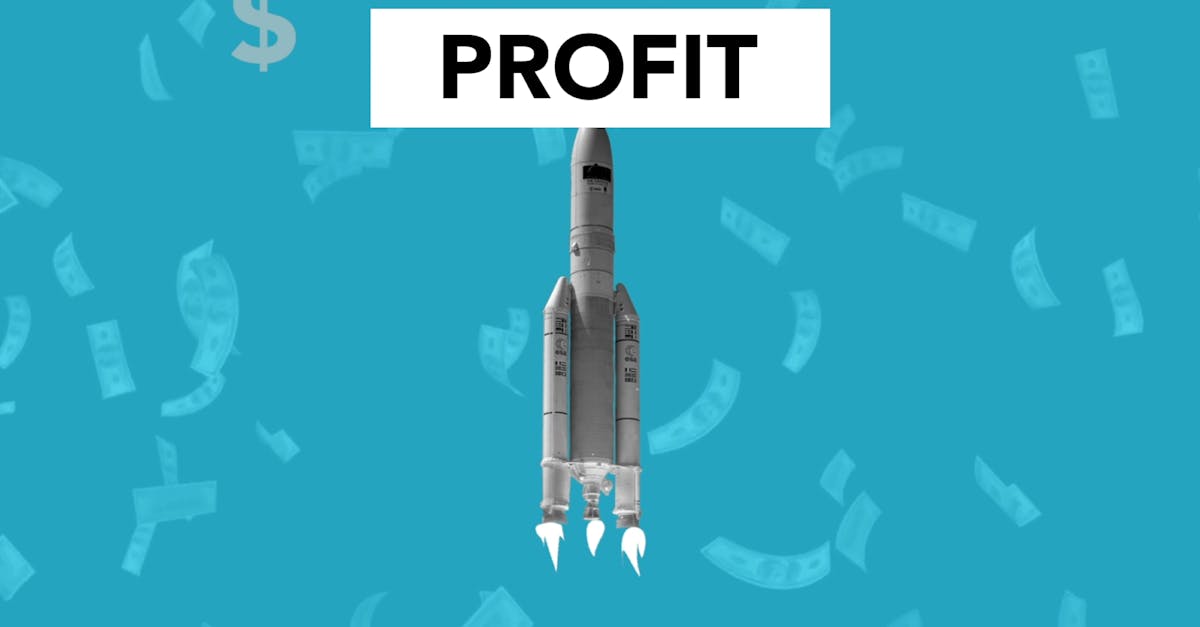
Introduction
Owning a vacation home is a dream for many, offering a personal retreat in a favored locale. However, financing this dream may present a challenge. This article will delve into various strategies to make purchasing a vacation home financially feasible.
Assess Your Financial Situation
Before scoping out potential homes, it is crucial to evaluate your financial health. Understanding your debt-to-income ratio is essential, as this will influence lenders' willingness to offer you a loan. Ensure your credit score is in good shape, as it significantly affects loan terms.
Research Loan Options
There are multiple types of loans available for purchasing a vacation home. Conventional loans are the most common, especially for buyers with good credit scores. Jumbo loans are another option for higher-priced properties exceeding conforming loan limits. Be sure to explore each option carefully.
Determine Down Payment Amount
Down payments for vacation homes are typically higher than those for primary residences. Expect to place a down payment of 20% or more. Saving for this substantial amount might require strategic financial planning well in advance of purchase.
Explore Alternatives to Traditional Financing
Alternative financing options like seller financing or tapping into equity can provide flexibility. Seller financing involves making payments directly to the seller, which can bypass traditional lender requirements. Alternatively, home equity loans allow you to leverage existing property equity.
Consider Rental Income Potential
If your vacation home will be rented part-time, potential rental income could offset financial costs. Evaluate rental demand in the area and calculate potential earnings to determine how much of the mortgage could be covered through rentals. It adds another layer of financial strategy to your purchase.
Understand Tax Implications
Owning a vacation home comes with tax considerations. Certain expenses, such as mortgage interest and property taxes, may be deductible. However, rental income may be taxable. Consulting a tax professional can provide you with valuable insights specific to your situation.
Get Pre-approved for a Mortgage
Securing pre-approval from a lender makes you a more attractive buyer and gives you a clearer picture of what you can afford. During the pre-approval process, you will provide documentation of income, assets, and credit history. It helps streamline the purchasing process when making an offer.
Seek Advice from Real Estate Experts
Consider consulting with a real estate agent specializing in vacation properties. They provide localized knowledge and insights, helping you navigate the nuances of buying a vacation home in your desired location. They can also assist in negotiations, lending their expertise.
Conclusion
In conclusion, several financial strategies are available to purchase a vacation home that suits your financial profile. From assessing your financial health to exploring alternative financing, a stepwise approach simplifies the process. Armed with research and professional advice, your vacation home can become a reality.